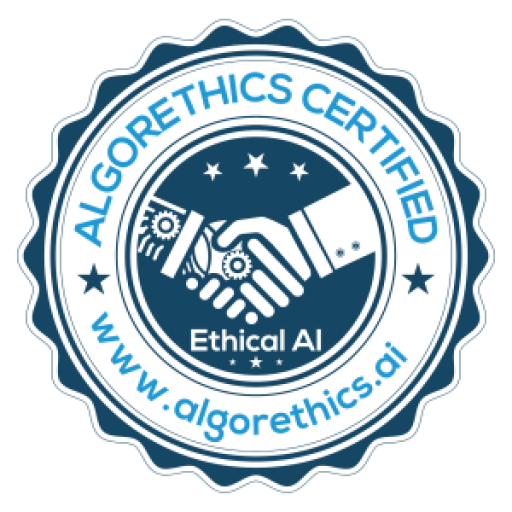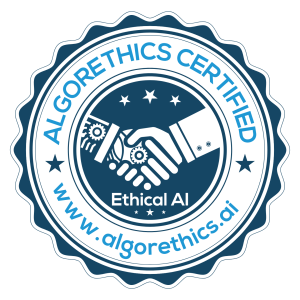The rapid advancements in artificial intelligence have ushered in an era of unprecedented innovation and potential. From self-driving cars and healthcare diagnostics to chatbots and personalized recommendations, AI is transforming the way we live, work, and interact with the world. However, with great power comes great responsibility. As AI becomes more integrated into our daily lives, the need for robust and forward-thinking regulations has never been more critical. Join us as we explore the future of AI regulations and the emergence of global ethical standards that aim to ensure AI serves the greater good.
Charting Tomorrow: AI Regulations on the Horizon
As AI technology continues to evolve, so too must the regulatory frameworks that govern its use. The landscape of AI regulations is a dynamic one, with nations around the globe racing to develop policies that strike a balance between fostering innovation and protecting public interests. In the United States, for example, lawmakers are crafting legislation that addresses data privacy, algorithmic transparency, and the ethical use of AI in various sectors. Meanwhile, the European Union has been a trailblazer with its GDPR framework and the proposed Artificial Intelligence Act, which aims to establish a comprehensive set of rules for AI systems.
One of the most exciting developments in AI regulations is the growing emphasis on international collaboration. Recognizing that AI transcends borders, countries are increasingly working together to create harmonized standards and best practices. Organizations such as the OECD and the G20 are spearheading efforts to develop global guidelines that ensure AI technologies are used responsibly and ethically. These collaborative initiatives are essential for preventing a fragmented regulatory landscape that could stifle innovation and create barriers to the global deployment of AI solutions.
The future of AI regulations also promises to be more inclusive, with a greater focus on diverse stakeholder engagement. Policymakers are recognizing the importance of involving not just tech companies and industry experts, but also civil society organizations, academic researchers, and the general public in the regulatory process. This inclusive approach ensures that a wide range of perspectives and concerns are taken into account, ultimately leading to more balanced and equitable regulations. As we look to the future, it is clear that AI regulations will continue to evolve and adapt, driven by the collective effort to create a fair and just AI-powered world.
Embracing Ethical AI: A Global Standard is Born
The birth of global ethical standards for AI marks a significant milestone in the journey towards responsible and trustworthy AI. At the heart of these standards lies the principle that AI should be developed and deployed in ways that respect human rights, promote fairness, and prioritize transparency. One of the most influential frameworks in this regard is the UNESCO Recommendation on the Ethics of Artificial Intelligence, which provides a comprehensive set of principles designed to guide AI development worldwide. This landmark document emphasizes the need for AI systems to be inclusive, accountable, and aligned with the values of democratic societies.
Building on these foundational principles, various international bodies are working to create more specific guidelines and standards that address the unique challenges posed by AI. For instance, the IEEE Global Initiative on Ethics of Autonomous and Intelligent Systems has developed a series of ethical guidelines that cover a wide range of issues, from privacy and security to the ethical design of AI systems. These guidelines are designed to help developers and policymakers navigate the complex ethical landscape of AI, ensuring that AI technologies are used in ways that benefit society as a whole.
The adoption of global ethical standards for AI is not just about creating rules and regulations; it is also about fostering a culture of ethical responsibility within the AI community. Educational initiatives and public awareness campaigns play a crucial role in this regard, helping to ensure that all stakeholders are aware of the ethical implications of AI and are equipped to make informed decisions. By promoting a shared understanding of ethical principles and best practices, we can create a global ecosystem where AI is developed and used in ways that are consistent with our collective values and aspirations. The future of AI is bright, and with the right ethical standards in place, we can ensure that this powerful technology serves the greater good.
As we look ahead to the future of AI, the importance of robust regulations and global ethical standards cannot be overstated. These frameworks are essential for ensuring that AI technologies are developed and deployed in ways that are safe, fair, and beneficial for all. By embracing international collaboration, inclusivity, and a commitment to ethical principles, we can navigate the complex landscape of AI with confidence and optimism. The journey towards responsible AI is a collective one, and with the right regulatory and ethical foundations in place, we can unlock the full potential of AI while safeguarding the values that define us as a global community. Here’s to a future where AI serves the greater good, and innovation flourishes in harmony with our shared ethical standards.







